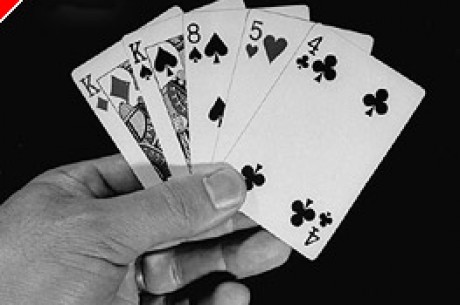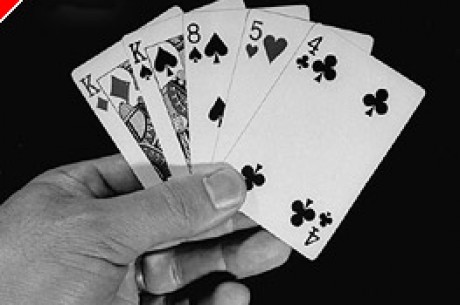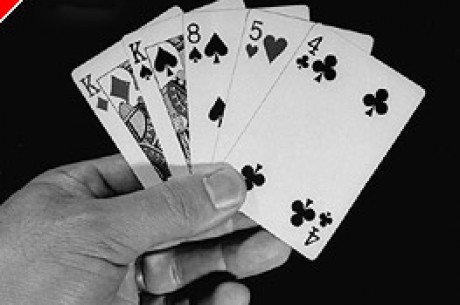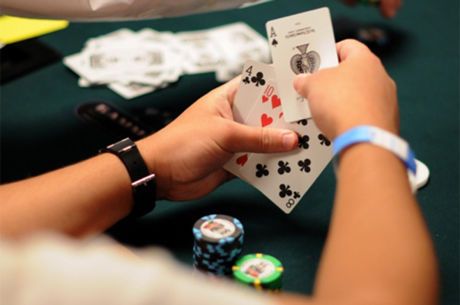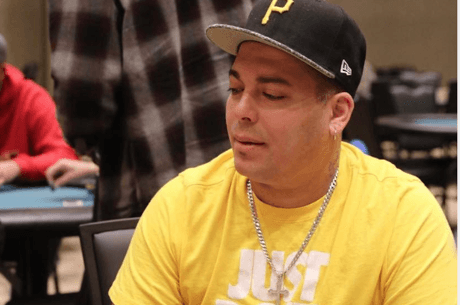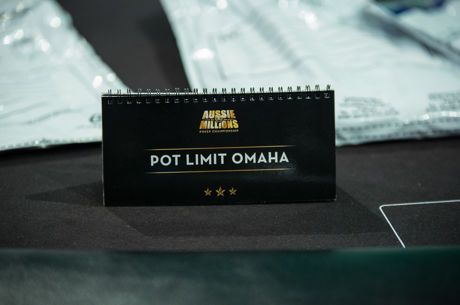Talking Omaha Poker - Switching and Adjusting
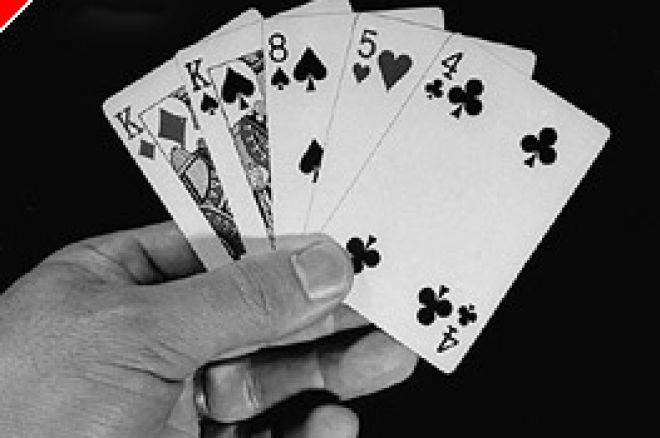
A theme that crops up from time to time when I'm waffling away in these columns is the preferred habit of taking your time to spot your prey - who we might unkindly call the rabbits - when you (the eagle) are circling far above surveying the Omaha poker tables for profitable food. Yes, it all sounds very dramatic but I think it is a fair analogy. The successful players are the predators and they regularly swoop down and take the unsuspecting rabbits by surprise through knowledge and cunning. By successful players I mean those who "make a profit". Not necessarily those who make a living from playing, but those who make a consistent profit when playing poker for a hobby or pastime.
I'd like to emphasise that. Most people who make money at poker do not depend on it to pay for their essential daily needs. In some ways that makes it easier to make the money because of the lack of that gnawing emotion that says "I really have to make $X by next Wednesday or else the bank account goes overdrawn". On the other hand, if there is no pressing need to turn a profit for essential items, complacency or sloppiness can easily take a hold and your poker game suffers through lack of care.
It is all relative, but I know that I would have to be turning in a consistent record of performances at quite high stakes ring games to live comfortably and not be worried that I might fall short paying one month's bills. I am not up to that level so poker is, for me, a large hobby. I do earn money elsewhere but by itself it is not enough for me to be happy with. What I am happy with is being in a position to play a lot of poker as a hobby and make decent amounts of money at it, most months. No-one is immune to the odd loss-making month however!
Having started off talking about circling for prey, the standard approach is to look for the many players who have come over from playing their bread-and-butter Texas Hold'em games. As previously discussed, these players have an endearing trait of investing too much faith in AAxx, KKxx, QQxx and even AKxx as calling materials.
But this got me thinking when contemplating my keyboard for inspiration. One thing I'd like to clarify is that I do not play only Omaha. I do also play Texas Hold'em online. Often my play is in phases. Recently, I played nothing but Omaha and Omaha Hi/Lo because it was paying me quite well. I found that, when I decided to play the two-card game, I was out of sorts so swiftly reverted to the four-card game. But, in a couple of recent sessions of Omaha, the cards were not standing up. Maybe due to this negativity perhaps the quality of my game suffered too. I made a withdrawal of some funds - which I usually do when I suffer a couple of big hits. I call it preserving my profits and it helps me to size down in line with the reduced bankroll. Sizing down stakes after a hit to the confidence is also a good money-management technique in my opinion.
Having sized down the bankroll, and secured some expenses for domestic use, I took stock. One enjoyable aspect of being involved in journalistic pastimes is the ongoing discussions and debate with associates and other poker players. One of my regular associates is also a strong Texas Hold'em player and I decided to watch him at work on the online tables. I was inspired and immediately opened a lower stake (than he would play) No Limit Hold'em table and found myself in good form, running over the table. Hence I am currently having a run at the two-card game (as I like to call Texas Hold'em) rather than Omaha.
The issue that jumped out at me through this process was whether I am likely to carry across any baggage from Omaha that might actually disrupt or conversely aid my Hold'em game? In the same way that I look for Hold'em players making some horrible mistakes at Omaha, might I find I walk into some unsavoury traps in a Hold'em game, because I still have some Omaha wires plugged into the sockets?
Perhaps the first point is to identify the "Hold'em to Omaha" mistakes and reverse them. So, if some make mistakes overplaying AAxx, KKxx, QQxx and AKxx at Omaha, will the same player in the parallel universe underplay such hands at Texas Hold'em? To be honest, I'm not sure I could underplay them myself. If anything, I am more inclined to be too aggressive with QQ and AK.
Where I think the concept is more useful is looking for hands that play exceptionally well (or at least have exceptional potential) in Omaha. The suited connector hand is big in Omaha. The like of QJT9 double-suited is one of the strongest hands and is worthy of ultra-aggressive play with a related flop, simply due to the favourable pot odds arising.
Yet, if a regular Omaha player takes that mindset into a rusty Texas Hold'em environment, he will find himself getting wed to potentially expensive hands like JT suited or Ax suited (x being T or less). Unlike at Omaha, the chances of actually hitting a straight or flush at Hold'em are vastly reduced. The big cards like AK, KK, QQ come more into their own.
At a more basic level, I still see the odd player expending his stack at Omaha in the mistaken belief he has made a monster hand with his four hole cards and five board cards, not realising, or maybe absent-mindedly forgetting, that two, and only two, hole cards play. Yet a regular Omaha player might be so ingrained with counting only three of the board cards, that he also applies it to Hold'em. Usually, the penny drops when the fourth flush card has dropped for the opponent or a four-straight appears on the board, and the stack slips away from him.
I think the other tendency that can be difficult to shake off is seeing too many flops. A good Omaha player will not necessarily see many flops himself but at low stakes tables, where multiple limping is the norm, value sometimes dictates that you make a cheap call if your hand has some marginal merit. At Hold'em, not having four hole cards eliminates most temptations. Don't use the lack of cards as a reason to see a flop "just in case". The two cards narrow the options greatly.
At the Omaha tables, I see a range of players from the 100% dedicated player who plays nothing but Omaha Hi/Lo pot limit, to the "any game will do so long as there is a full table" player switching around from Hold'em to Omaha and back - maybe even Stud. If you fall into the latter category, remember to make adjustments to your hand values to suit the game. It may sound obvious but, to many, it certainly doesn't seem to have registered.
Until next time!
TB
21.4.06

